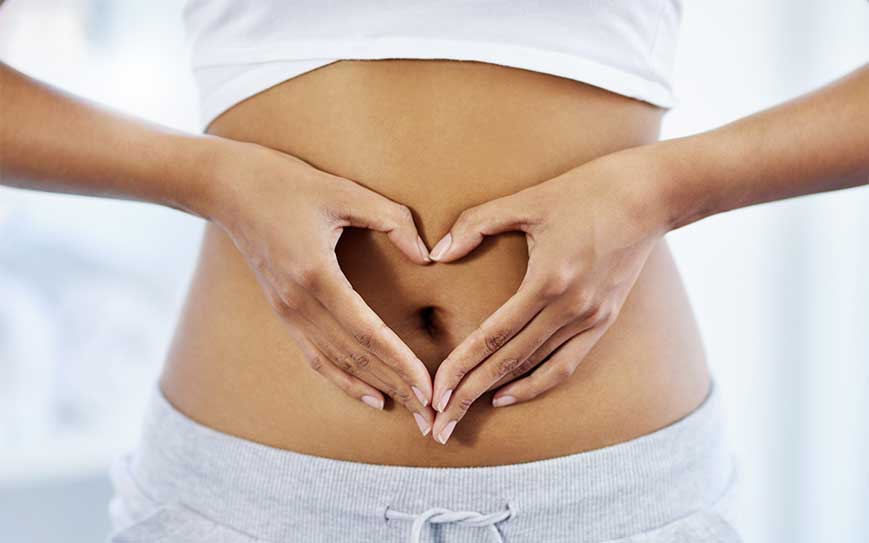
Diet Tips to Improve Incontinence
Your pelvic floor muscles play a big role in your body’s overall function. They support your uterus, bowels, and most importantly your bladder. The stronger and healthier it is, the smoother everything functions. Of course, often due to childbirth and age your pelvic floor becomes weak which may result in urinary incontinence. Your diet can play a big part in helping your pelvic floor muscles stay on top of their game. Here are some tips on how you can ensure your pelvic floor gets the nutrients and support it needs.
Stay Hydrated
Hydration is one of the most important things when it comes to your overall health. While it may seem like drinking more water would just make your incontinence worse, it can do the exact opposite. However, it’s important to sip your water throughout the day, rather than gulping it down all at once. Drinking too quickly can result in your body flushing out all the water it doesn’t need and lead to more frequent bathroom trips. So by sipping, your body has enough time to properly process the water and hydrate itself without causing you to leak or frequent the bathroom.
Drinks You Should Avoid
Everyone loves caffeine. Whether you need it to start your day off right or need that extra boost of energy midday. While it may be the best part of getting up in the morning, it can also be a factor in worsening your incontinence. Caffeine can irritate your bladder lining, leading to involuntary contractions which can result in leaking and frequent bathroom trips. Alcohol and carbonated drinks work in a very similar way. If you’re already struggling with incontinence, try cutting out all three of these drinks, at least for a while to see if it helps. It may take some very strong will power to cut out caffeine, but we believe in you! However, if you still want to have a bit of your morning coffee, by drinking a glass of water before and after consuming an irritant you’ll be able to lessen the effects.
Foods You Should Avoid
The two most common types of food that can irritate your bladder and lead to involuntary bladder contractions are acidic and spicy foods. Acidic foods such as lemons, oranges, cranberries, and even tomato-based products are all bladder irritants. We’re often told that cranberry juice works wonders for urinary tract infections, and while it does, it can also result in heightened urinary incontinence symptoms. Spicy foods can also irritate your bladder lining, resulting in involuntary contractions and more bathroom trips. If you love adding some spice to your recipes and can’t even take the thought of giving it up, consider cutting back or eliminating it just for a bit. You can then slowly start reintroducing it to see just how much spice your bladder can handle without causing any trouble.
Foods to Include in Your Diet
There’s no ‘cure all’ diet. But there are certain foods that can help with urinary incontinence and constipation. Getting enough protein rich foods such as chicken, turkey, and eggs is important to help your body repair muscle. It is also a great source of energy to keep you going throughout the day. Healthy fats are another amazing source of energy, and they also help support your cell function. You’ve probably heard “eat your vegetables” one too many times. But that’s absolutely right! Green vegetables in particular, such as broccoli, kale, and spinach contain lots of vitamins, minerals, and fibre. Fibre is essential for your bowel movements and proper digestion.
Talk to a Professional About Your Pelvic Health
Of course, your diet can only help you so much. It’s also important to stay active and work on your pelvic floor fitness. This is where Corelife comes in! Our Emsella – Libby Chair Pelvic Therapy is great for strengthening your pelvic floor muscles, delivering over 11,000 supramaximal pelvic floor muscle contractions in just one 28-minute session. We can also help find the right treatment program that’s unique to you through an external assessment from one of our pelvic floor experts.
Give us a call to talk about what you’ve been experiencing. We’re here to help you get back to feeling like your best self.
Resources:
Learn more about our workshops and services

Recent Comments